SPIRITUAL CORNER
SPIRITUAL CORNER - Purusharth
- IBJ Bureau
- Mar 07, 2024

Kramic And Akram Paths
Dadashri:
Of course, inner intent (bhaav) is bound to arise, is it
not? Wouldn’t you have to make the bhaav to get married? It is because
of the bhaav from your previous life, that you have such desires now.
Because you charged such a bhaav, this is what has come about. This is
why inner intent is said to be purusharth and dravya (what comes
into effect) is considered prarabdha. But people take this in their own
language (interpret) by calling effect (dravya), a purusharth;
while having no understanding whatsoever, of the bhaav (‘charge’) purusharth.
Here
in the path of Akram, both effect (dravya) and
cause (bhaav) have been classed as ‘discharge’. The Kramic path
is dependent on cause (bhaav). In the Akram path, we have entered into
our swabhav (the Self), which means that the others are in par-bhaav
(nature of the non-Self). We have put cause (bhaav) aside, so that all
that remains for you now is to settle all effects (dravya) with
equanimity.
Questioner: So,
one cannot consider it a purusharth until he knows the
Self?
Dadashri: You
cannot say that you are doing real purusharth. However,
you can still do the illusory (bhrant) purusharth. If you have
unity of mind, speech and body, then through the illusory purusharth a karmic
seed will be sown. That is considered vyavahar (worldly) purusharth.
A person says exactly what is on his mind, and acts according to what his mind
and speech dictate. If he becomes involved in activity which is shubha (auspicious),
he will benefit from his worldly purusharth. If he proceeds in this way,
he will eventually meet with the right circumstances to allow him to attain the
Self. That is why shubha has been praised. This illusory purusharth
is considered one kind of purusharth. I will explain to you why this is
called an illusory purusharth.
The Kramic path is
such that if you tell someone to sit down and do chanting (japa), he would sit
down to do japa. The chanting (japa) happens because of prarabdha,
but it is the bhaav (subtlest inner intent) that occurs at the time,
that sows the karmic seed for the next life, which is called
purusharth.
Therefore, while
experiencing the prarabdha, it gives rise to purusharth.
While enjoying his prarabdha, the seed of purusharth is sown
within. This is because he believes, ‘I am the doer’. Otherwise, you would not
be sowing the seeds while going through prarabdha, and you would still
attain moksha. But you still have the bhaav of doership which is
why there is a great deal of emphasis placed on prarabdha and on kriya
(rituals and actions). It is because behind that, the purusharth is
occurring automatically.
The Kramic path
today is fractured. If a person sits down to do religious chanting (japa),
and while he is chanting, at the same time he is creating bhaav in his
mind, thinking: ‘My father is useless, my father is useless... he bothers me;
he provokes me.’ So, he has something different on his mind, he says something
different, and his actions are different. What was Kramic path like
until now? It was to do purusharth while going through the prarabdha.
And what is the Akram path? Straight, direct purusharth! Through
the grace of the Gnani Purush, You become Purush (the Self), and
then the real purusharth arises. You attain complete awareness as the
Self; and absolute light. Thereafter, You will never forget the Self, even for
a second.
To
be Continued…
For more
information on Dadashri's spiritual science, visit dadabhagwan.org

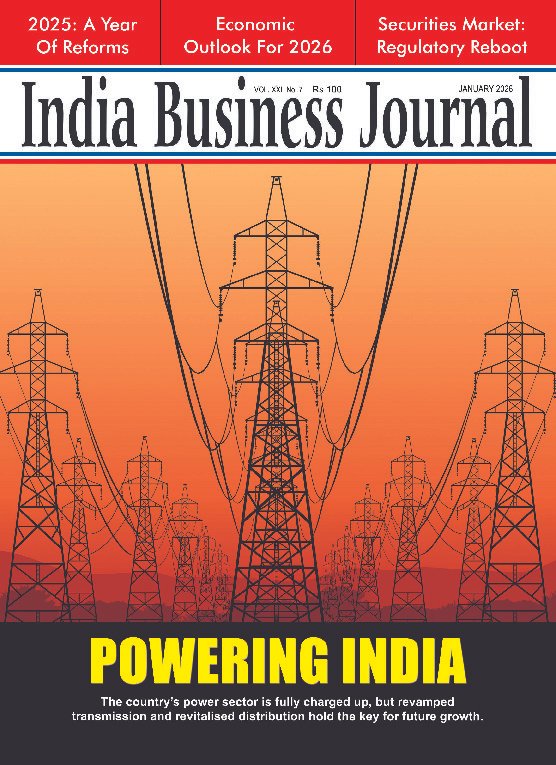

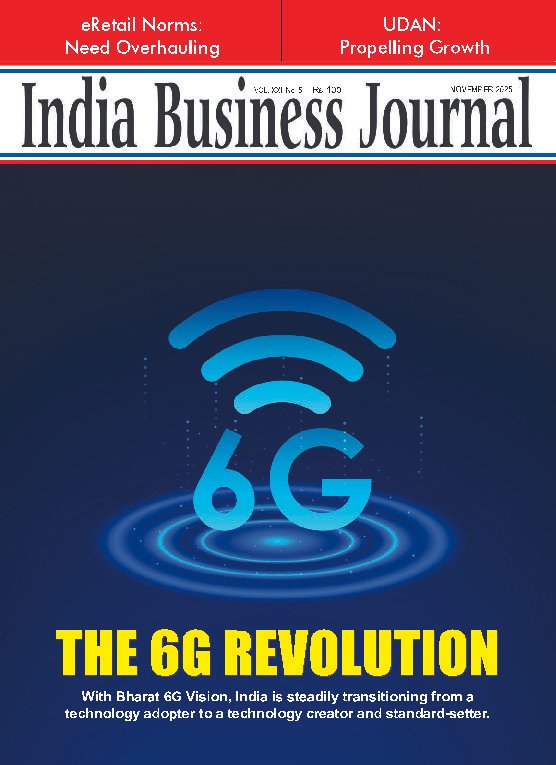







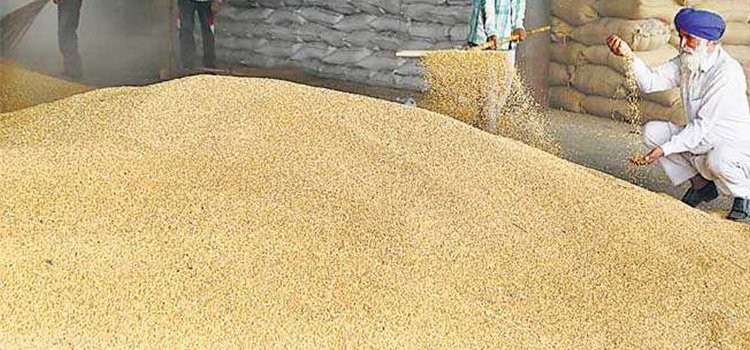
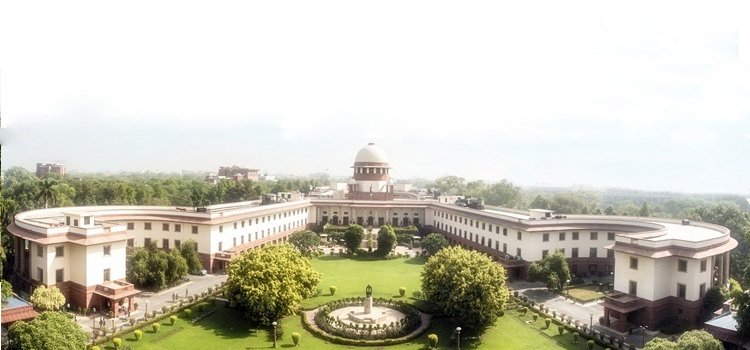
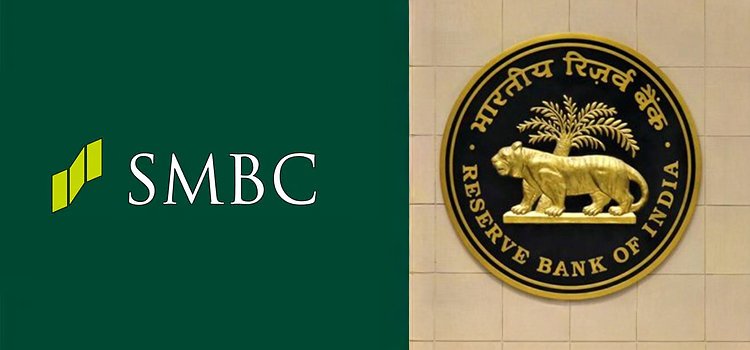
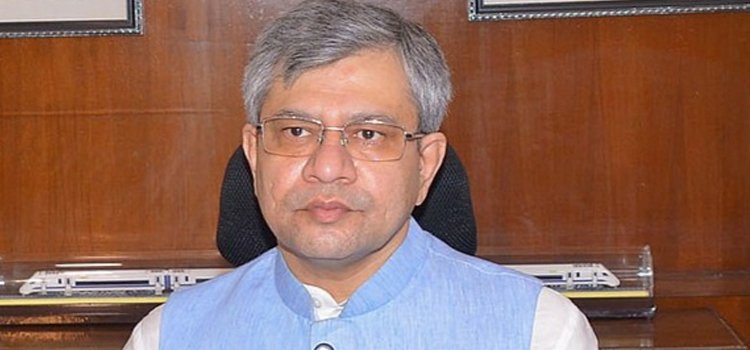
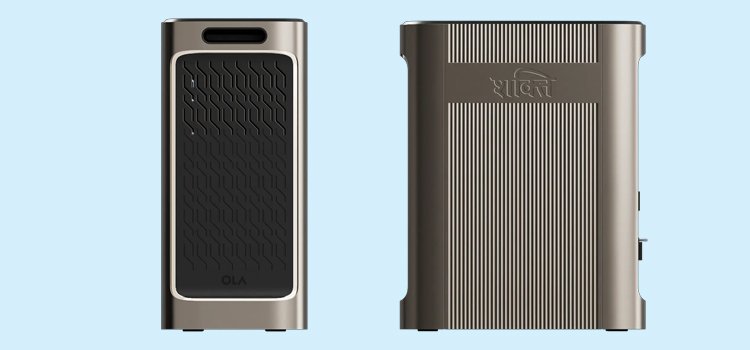





Report By
View Reporter News